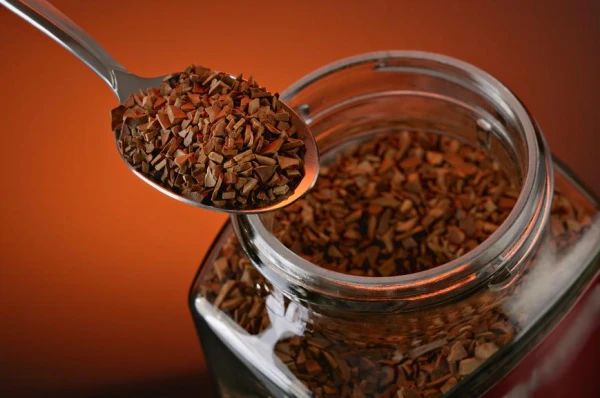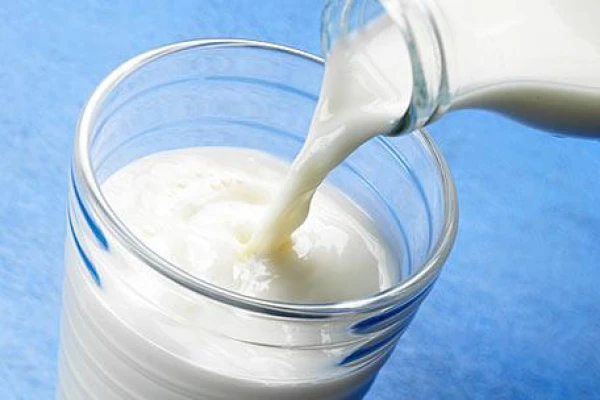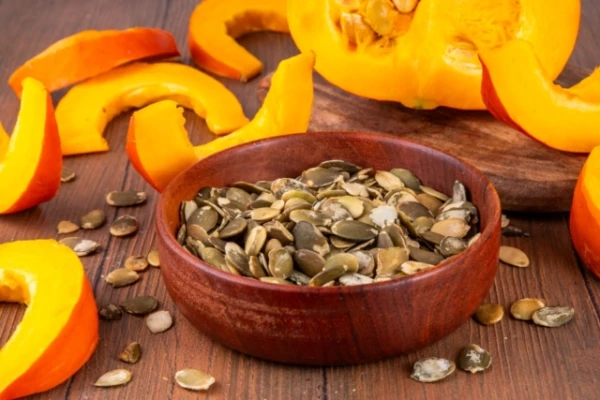
As soon as it gets colder outside, the season of warming drinks begins. Cocoa, hot chocolate, herbal teas, but the most exquisite and beloved option by many is mulled wine.
Biologist Irina Lyulina stated that the spiced drink — both with wine and without — should not be consumed too often.
The classic version of the drink contains red wine, sugar, and spices. According to Lyulina, the combination of alcohol and sugar increases the load on the liver and cardiovascular system. Blood vessels dilate, blood sugar levels rise, which leads to pressure spikes due to overload.
Moreover, mulled wine is consumed hot, and alcohol is absorbed faster than in cold form. There is a risk of a sharp increase in blood alcohol concentration and exacerbation of chronic liver and pancreatic diseases.
How non-alcoholic mulled wine affects the body
Many believe that removing the wine makes the drink completely safe. However, the biologist warned that when heated, fruit juices lose some water — the concentration of sugars increases. This is harmful to teeth, metabolism, and can contribute to weight gain.
Additionally, some ingredients of mulled wine, such as citrus fruits, honey, and spices, can provoke allergies.
Not only harm
With a reasonable approach, meaning consuming 1 serving of the drink per day, mulled wine can still provide benefits:
red wine, as studies have shown, contains polyphenols — antioxidants that strengthen blood vessels and improve circulation; spices activate metabolism and help resist colds.















Leave a comment